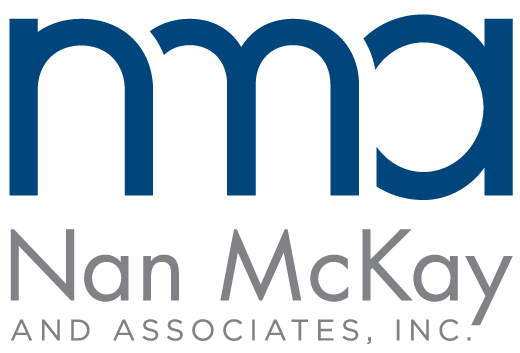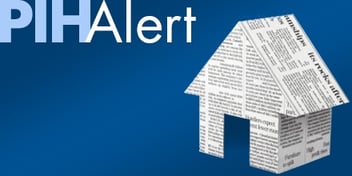PIH Issues Issues Guidance on Supplemental Operating Fund Appropriations
This morning HUD’s Office of Public and Indian Housing (PIH) issued Notice PIH 2020-07 to provide guidance on the allocation and eligible uses of the supplemental Operating Fund appropriations provided through the Coronavirus Aid, Relief, and Economic Security (CARES) Act, as well as the additional flexibilities to use previously appropriated funds provided through the act. As you know, the CARES Act provided an additional $685 million for the Public Housing Operating Fund to enable PHAs to prevent, prepare for, and respond to COVID-19. Highlights of today’s notice include the following:
The notice applies to both PHAs administering public housing programs and PHAs participating in the Moving to Work (MTW) Demonstration. Further details can be found in the notice. PIH Posts Op Sub Obligation Letters for May and June The PIH Office has posted the public housing operating subsidy obligation letters for May and June. As usual, the letters to all PHAs in the same state are combined in a single file, which you can access through the map on this webpage. You’ll find links to the obligation letters on the 2020 operating fund grant processing page at the operating fund website. |
|||||||||||
|
|



